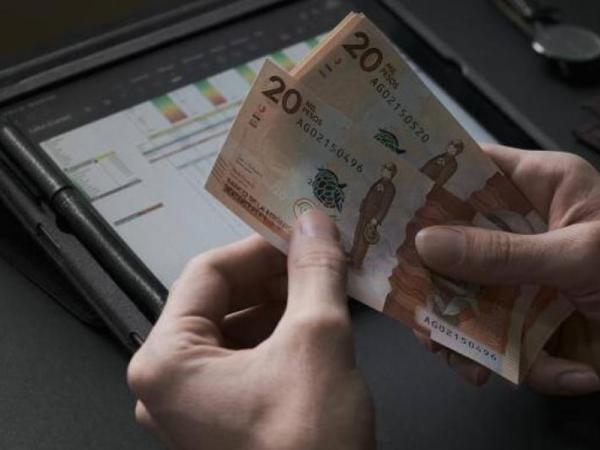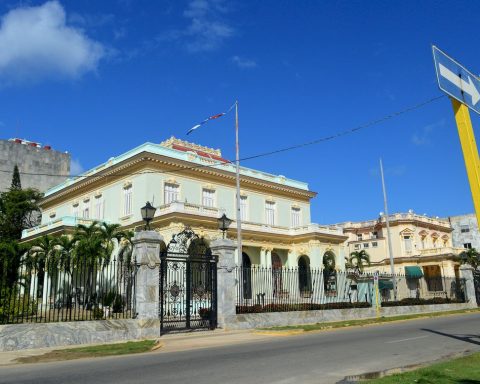Reflecting the approval of the Proposed Amendment to the Constitution (PEC) of the Transition and the announcement of new ministers for the future government, the financial market had a day of tranquility, in contrast to the pessimism abroad. The dollar fell to a 50-day low, and the stock exchange closed slightly higher.
The commercial dollar ended this Thursday (22) sold at R$ 5.186, with a decrease of R$ 0.017 (-0.33%). The quotation started the day on a high, with the currency around R$ 5.21, but started to fall at the end of the morning, after the president-elect Luiz Inácio Lula da Silva announced 16 more ministers. At the low of the day, around 11:40 am, it reached R$ 5.16.
The US currency is at its lowest value since November 9. With today’s performance, the currency accumulates a drop of 0.31% in December and 7% in 2022.
The stock market had a shakier day. After spending most of the day on the low, pressured by US stock exchanges, the Ibovespa index, from B3, closed at 107,551 points, up 0.11%. This was the fourth trading session followed by an increase in the Brazilian stock market.
At the beginning of the negotiations, the financial market reacted to the promulgation of the Transition PEC by the Senate late last night (21). The negotiation that reduced the validity of the text to one year has been well received by investors in recent days. In addition, investors had a good reaction to the announcement that the elected vice-president, Geraldo Alckmin, will be the Minister of Development, Industry and Foreign Trade.
The approval of the 2023 Budget, in the early afternoon, increased the climate of stability. Until yesterday, there was the fear that the National Congress would not be able to approve the project until today, the last day of the legislative year. If the Budget was not approved, an extraordinary call from Congress would be necessary for the next week.
The internal news softened the negative climate abroad. This Thursday, it was announced that the US economy grew more than expected in the third quarter, according to the review of the US Gross Domestic Product (GDP). Additionally, jobless claims came in lower than expected last week.
Robust economic data has raised expectations that the Federal Reserve will keep interest rates high longer than expected. High interest rates in advanced economies encourage capital flight from emerging countries such as Brazil.
* with information from Reuters
















